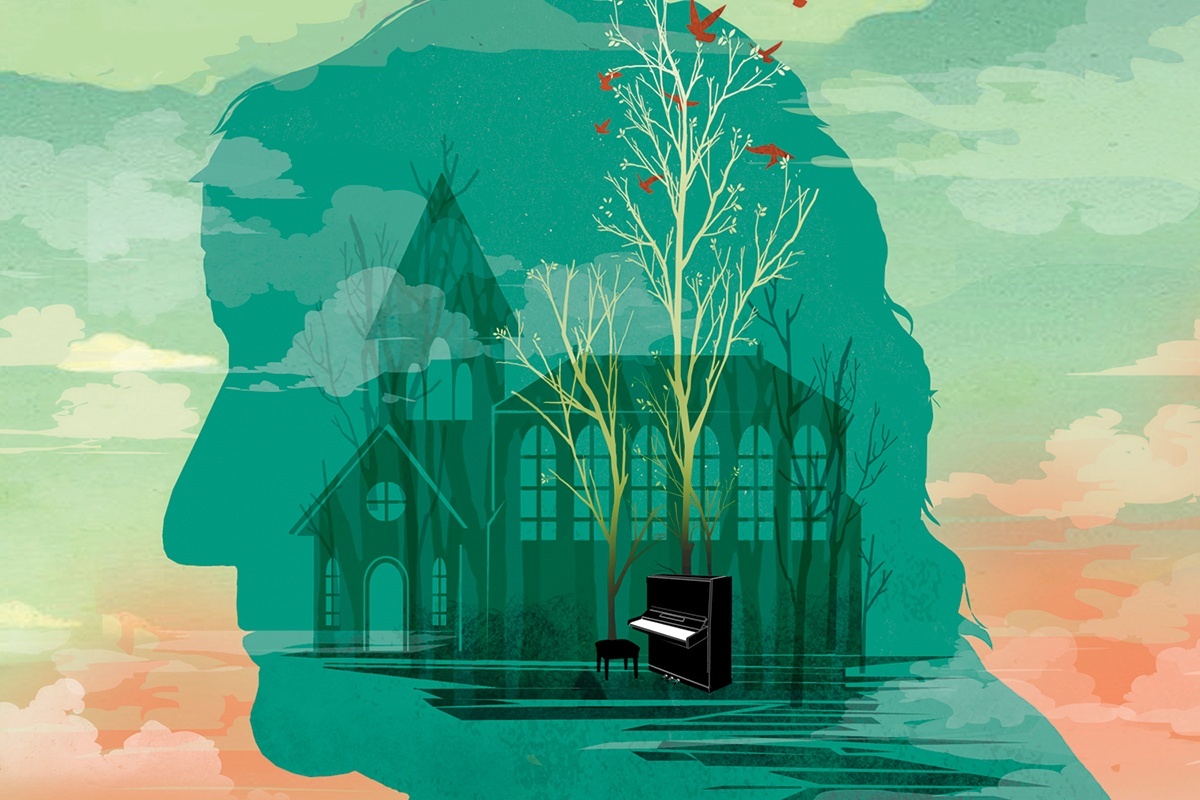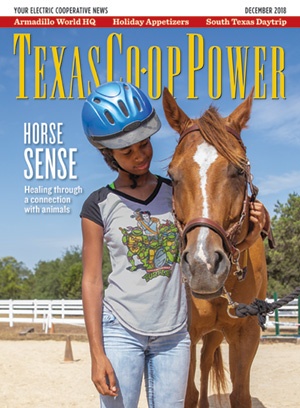An antique upright piano, a cherished donation to an 1870s country church in Coryell County, inched across the scarred oak floor. A dozen volunteers rolled it cautiously across sheets of heavy plywood toward the front of the church, the piano’s tremendous weight triggering groans from the ancient floorboards. The church had been restored in 2010 after a half-century of storm damage and neglect, and all of us were anxious to hear music fill the sanctuary again.
My Aunt Alison and Uncle Don, recently arrived from Ohio for their annual visit, were among the volunteers. Their 1,200-mile journey had become more difficult each year because of Don’s advancing Alzheimer’s disease. His doctors prescribed medication to slow the progress of the disease; his gradual decline was painful to watch. While we cajoled the piano toward its place in a front corner, Don stood silently in the back of the church and watched.
Music had stitched Don’s family together. He and each of his four grown children played with professional expertise, and the entire family sang in their church choir. A few years earlier, during a birthday party for one of our family members, a look of pained horror crossed Don’s face when we sang a rousing chorus of Happy Birthday. We are a large, multigenerational family and sang hopelessly off-key, our tempo far too slow. Don made us start over while he conducted.
Don cut a distinctive figure at the church with his slender frame topped by a full mane of bright white hair. He had worked as a scientist with a doctorate in polymer chemistry, but his illness had slowly robbed him of a knack for making conversation. His repertoire of stories grew smaller along with his ability to connect faces with names. Now his wife’s name was the only one left. She was his anchor, and he kept her in sight whenever possible, becoming uneasy if she disappeared for long. My heart went out to him for his anxiety over declining memory and to her for the need to maintain constant vigilance.
According to the Alzheimer’s Association, 1 in 10 people age 65 and older has Alzheimer’s, a type of dementia that causes problems with memory, thinking and behavior.
As the piano inched toward its destination, Don wandered outside and stood in the shade of some live oaks. Some of the volunteers tried to initiate polite conversation, but that didn’t last long. He kept a small notebook in which he noted the date, day of the week and other details, and he referred to it often. Every few minutes he returned to watch the slow progress of the piano and our attempts to center it on a thick sheet of plywood so its weight would be distributed over a wider area of the floor.
Finally satisfied that the placement was correct, we stepped back to admire the beautiful instrument, a relic from the days when piano keys were made of ebony and ivory. It seemed right at home in a church that still retained most of its original cypress siding, hauled to Central Texas from Galveston by ox wagon nearly a century and a half ago. Pleased with our success, we adjourned to the shade of the oaks to discuss a homecoming celebration. The church is the only building that remains in the once-prosperous Central Texas town of Eagle Springs, and we planned to send invitations to everyone with ties to the church during its long history as the center of the now-vanished community.
As we discussed the agenda for a homecoming, music began to waft from the open windows. Mozart. Conversations ceased. Even the birds stopped singing.
“Who’s playing that?” someone asked.
It was Don.
We crept into the church, doing our best not to disturb Don. He had closed his eyes and lost himself in the music. I knew that people with Alzheimer’s lost recent memories first and retained long-term memories longer. Don’s early piano training clearly was intact. He played from memory, the complex sonata still fixed in a part of his brain not yet compromised.
Astonishment showed on the faces around me. We could not imagine how this beautiful music flowed from the talented hands of a man who could no longer find his car in the parking lot or remember his children’s names. When the last note faded away, our applause surprised him.
“How do you do that?” my brother asked Don when he rose from the piano stool.
“It’s what I’ve always done,” he replied with a shrug.
I’ve often thought that, if the old church could talk, it would tell us astonishing stories of parishioners who attended services with rifles across their knees to fend off attackers and of horseback preachers who addressed services at three different churches, miles apart, every Sunday. Someday it might also tell of my uncle Don. Despite succumbing to the disease last year, he proved that through the fog of Alzheimer’s, the light of music can still shine.
Martha Deeringer, a member of Heart of Texas EC, lives near McGregor.


